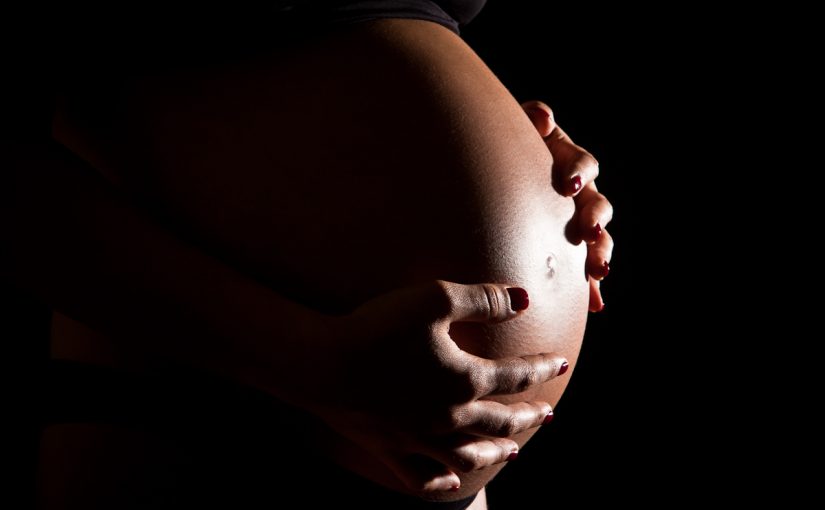Mozambique: Spain pledges support for primary health care
Mozambique: From 2014 to 2017, more than 10,700 students fell pregnant

File photo: Voa Portugues
Prevent students – or more accurately, children – falling pregnant remains a hard task.
At least 10,711 students in the national education system fell pregnant between 2014 and 2017, and some of them dropped out of school. According to the Ministry of Education and Human Development (MINEDH), the majority are from Cabo Delgado (2,301 students), and the ministry has again called for awareness-raising actions among communities.
In Mozambique, the number of adolescent pregnancies continues to increase, not only compromising the goal of keeping girls in school and the country’s aspirations in relation to their future, but also representing a public health problem.
According to Ivaldo Quincardete, National Director of Transversal Affairs at MINEDH, of the 10,711 students who got pregnant from 2014 to 2917, 1,786 are from schools in Nampula, followed by Zambézia with 1,456; Gaza with 1,094; Maputo province with 895; Inhambane with 790 and Sofala with 770. The rest are from other parts of the country.
These figures suggest that the sexual life of adolescents begins earlier and earlier, in stark contrast with the education sector’s “sex only later” message.
Figures presented at a meeting with religious leaders on Monday (July 30) in Maputo indicate that early pregnancy is not the only problem that is depriving police makers of their sleep. Premature marriage is also a problem.
Cabo Delgado, Nampula, Zambezia, Gaza and Inhambane are the foremost in the problem of premature marriage, Quincardete said. Sexual harassment in schools is another urgent problem.
As far as the government is concerned, student pregnancies “create a bad environment in the school”, and the situation “mainly originates with the teachers themselves”.
MINEDH has therefore determined that teachers and other education workers who impregnate students in their schools or otherwise sexually harass them will be suspended without pay and face disciplinary proceedings.
Civil society organisations however criticise MINEDH for prohibiting pregnant students from attending classes in the state elementary, basic and secondary education systems.
The only schools that are not bound by this ban are those which run night classes but, even in those establishments, the continued presence of pregnant student depends on the school board.












Leave a Reply
Be the First to Comment!
You must be logged in to post a comment.
You must be logged in to post a comment.